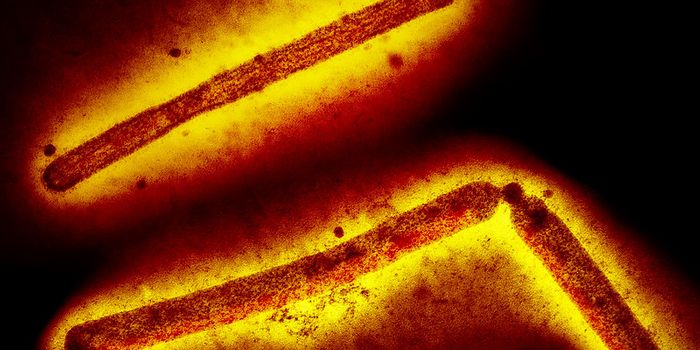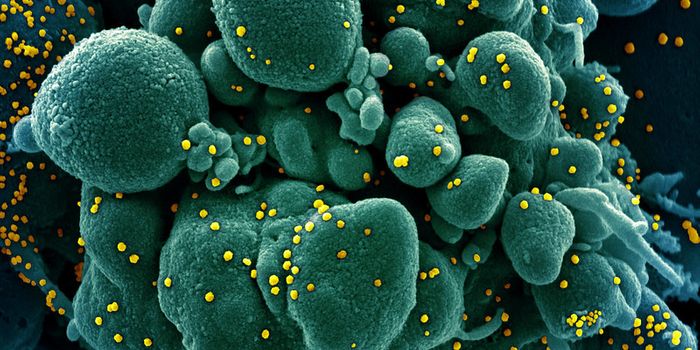Diagnosed: Girl Dies From Rapunzel Syndrome
Death by eating hair? It sounds made up, but this just happened to a 16-year-old girl living in England. The girl suffered from a rare disorder known as Rapunzel syndrome.
The disorder is so-named after the fairy tale character, Rapunzel, who had majestically long golden hair that was likened “spun gold.” In the clinical setting, however, hair is anything but majestic. Patients with Rapunzel syndrome pull out their hair and ingest it.
The disorder is typically a combination of two psychological elements: Trichotillomania, the urge to pull out hair; and trichophagia, the urge to eat the hair. The resulting hairball is termed a trichobezoar.
In some instances, the trichobezoar blocks the normal digestive process, leading to gastrointestinal problems like nausea and vomiting. Last year, a 38-year-old woman was hospitalized due to severe constipation and vomiting. The root cause? Two “densely packed” hairballs found in her stomach and intestines.
The hair mass can cause even more life-threatening conditions, as played out in the teen’s case. Doctors diagnosed the girl with peritonitis, which is inflammation of the tissue lining the abdomen. This spiraled into system-wide inflammation, which subsequently caused her organs to fail.
According to the news report, the teen was brought to the hospital after losing consciousness on September 7; she was pronounced dead shortly thereafter.
Rapunzel Syndrome is extremely rare – less than 100 people share the diagnosis. Of these, young girls under 10 years old make up a significant portion of the patient population (40 percent). Treatment of the condition first involves removal of the hair mass in the body. In addition, because the problem stems from psychological disturbances, the patient will likely also be treated with behavioral therapy. “A cognitive approach to therapy is usually taken, to help to break the rituals associated with the condition and lessen the compulsion to pull and eat the hair,” according to the Belgravia Centre, a U.K.-based hair-loss treatment clinic.
Additional sources: Live Science









